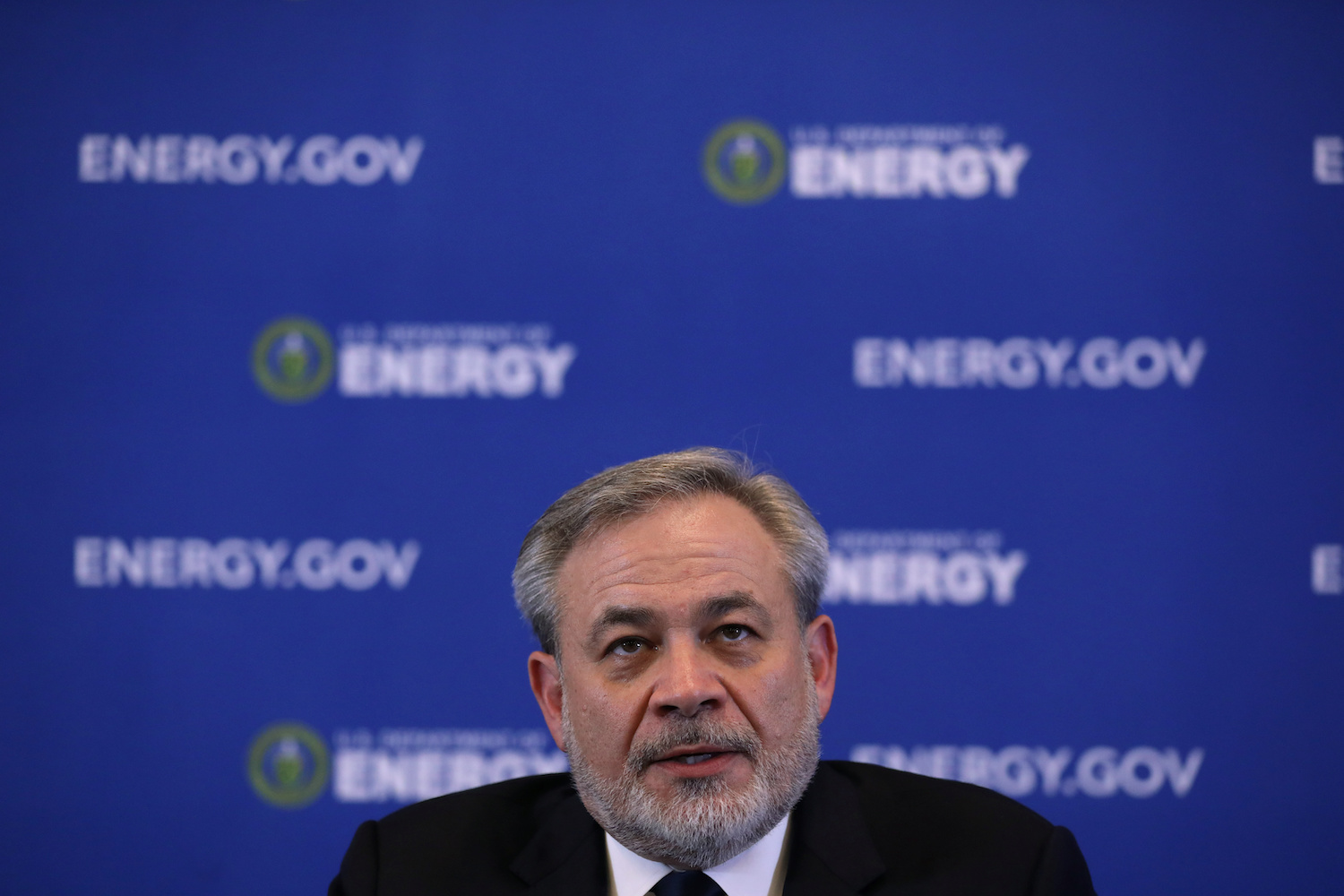(ATF) The US on December 17 banned domestic utilities that supply “critical defence facilities” from buying China-made equipment, citing national security issues and dealing a further blow to Chinese companies seeking to enter the American market.
Dan Brouillette, the US energy secretary, said the administration considered there was an “undue risk” to the US bulk power system (BPS), the interconnected electric energy transmission network, from potential harm, including cyberattacks.
“Procuring from the People’s Republic of China … poses an undue risk to the BPS, the security or resilience of critical infrastructure, the economy, national security, or safety and security of Americans,” Brouillette said in a statement.
“The [BPS] is the backbone of our nation’s energy infrastructure and is fundamental to our national security, the American economy, and our way of life,” he said. “It is imperative we secure the BPS against attacks and exploitation by foreign adversaries. This order is one of several steps this administration is taking to greatly diminish the ability of our foreign adversaries to target our critical electric infrastructure.”
Critical equipment
The BPS equipment affected includes those used in substations, control rooms, or power plants, including nuclear reactors, capacitors, transformers, large generators and backup generators and other equipment.
“Examples of BPS components are power substations that transmit electricity to the distribution system before they reach your home or the automated industrial control systems that are used in water treatment facilities and manufacturing operations,” Brouillette said.
The action bans “utilities that supply CDFs at a service voltage of 69kV or above from acquiring, importing, transferring, or installing BPS electric equipment, and is specific to select equipment manufactured or supplied by persons owned by, controlled by, or subject to the jurisdiction or direction of the People’s Republic of China. “
It was not immediately clear which defence sites were covered by the order, but in Juen Brouillette wrote a widely published article citing risks to the BPS that were “especially concerning” for “Central Colorado, home to the Air Force Academy [and] Peterson Air Force Base”.
The ban takes effect on January 16, just before the inauguration of president-elect Joe Biden. It follows an executive order issued by President Donald Trump in May that restricted imports from China and Russia and authorised the energy secretary to create the prohibition order.
The order was announced just days after it was revealed that hackers believed to be working for Russia breached the US Treasury and other agencies in what appear to be ongoing cyberattacks.
“It is imperative the BPS be secured against exploitation and attacks by foreign threats,” Brouillette said back in May. “This executive order will greatly diminish the ability of foreign adversaries to target our critical electric infrastructure.”
Setback for global growth
The move is a blow to Chinese electrical engineering companies, which announced investments of more than $100 billion between 2013 and 2018 to build or acquire power transmission infrastructure across 83 projects in Latin America, Africa, Europe and beyond over the past five years, according to RWR Advisory, a Washington research consultancy.
Steven Chu, a former US secretary of energy, has said that high quality and relatively low cost are among the attractions. “China has the best transmission lines in terms of the highest voltage and lowest loss,” Mr Chu said in 2017. “They can transmit electricity over 2,000km and lose only 7% of the energy. If [the US] transmitted over 200km we would lose more than that.”
However, China’s power play across the world has not been without interruptions. In November the World Bank Group banned China National Electric Engineering Company and its subsidiary, China Electric Design and Research Institute Company, for falsifying data and providing fraudulent documentation for a $210 million electricity transmission project in Zambia.
ALSO SEE:
























